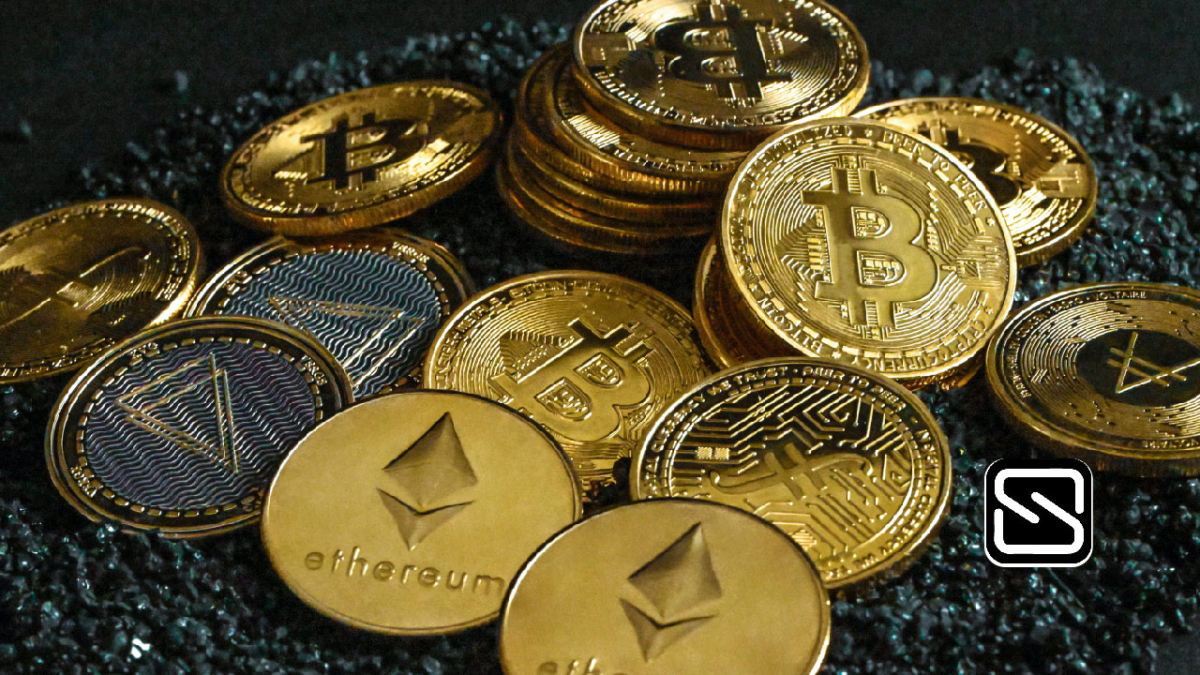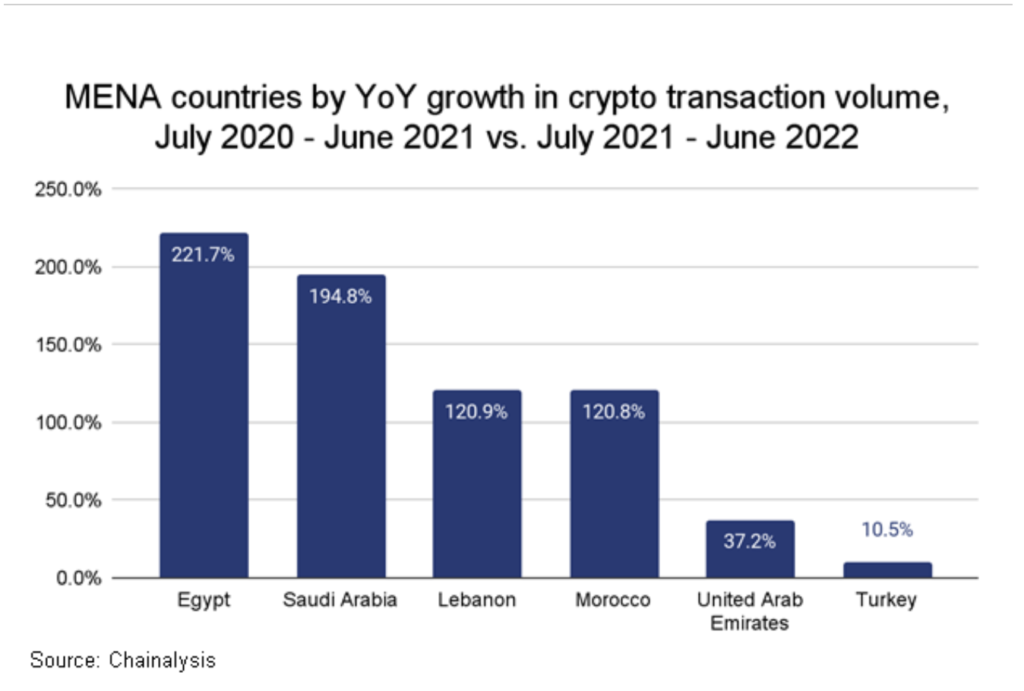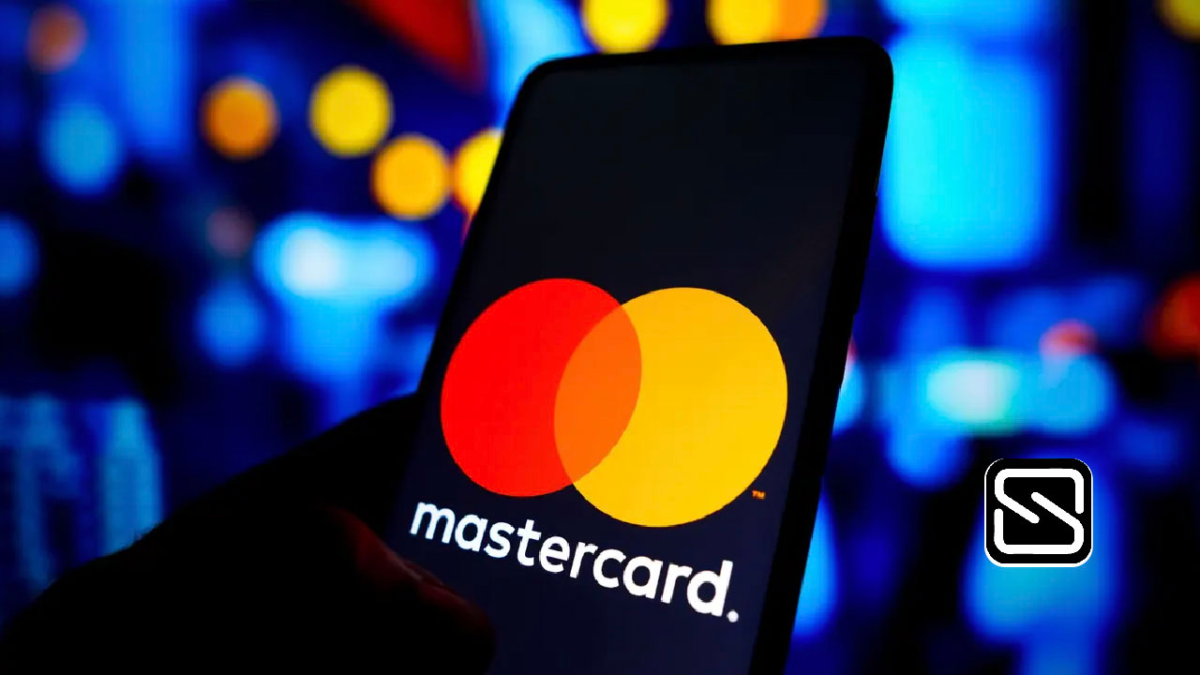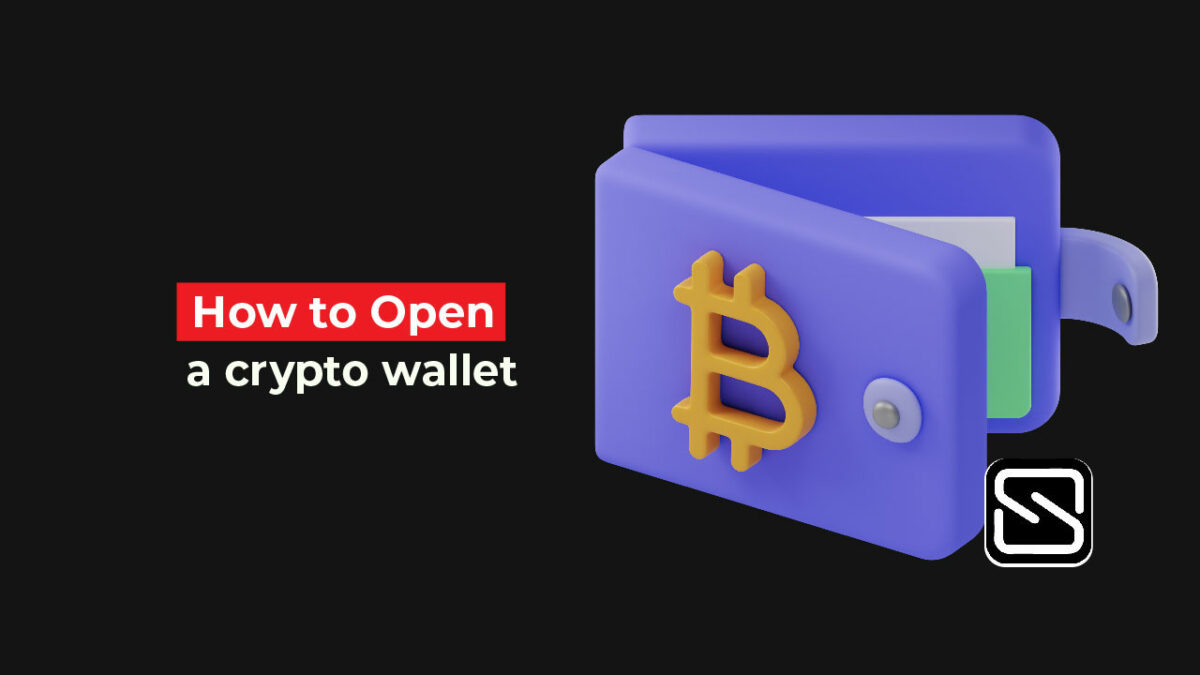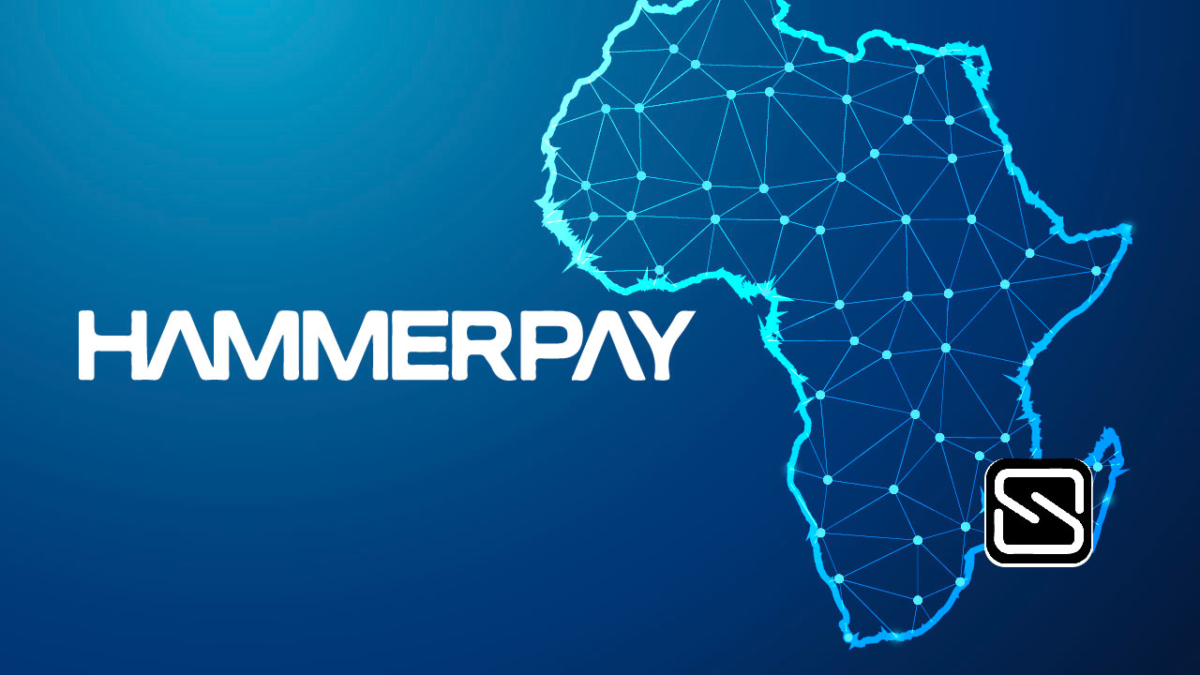The cryptocurrency market has grown remarkably well in the last few years. Crypto traders are making huge profits on their investments and it seems that this trend is going to stay for a long time.
The future of crypto trading today looks promising and a few experts advise that this is the right time to invest in crypto. But first, you need a crypto wallet. A crypto wallet is a software that safely stores cryptocurrencies and keeps track of their transaction (buying, selling, and lending) records. Users can easily download and install a cryptocurrency wallet on their smartphone or any other compatible device.
According to Josh Hornthal, Senior Product Marketing Manager at Coinbase, crypto wallets are the gateway to creating a solid footprint in Web3 and the crypto investing world.
He stated, “It’s your identity on the blockchain, and it’s how you hold your crypto. Crypto wallet and exchange companies are working towards a future where everyone has a self-custody wallet, not just the people who are deep and hardcore into crypto.”
In this reading, we explain the essentials of a crypto wallet, why it is needed, and how it can be created.
How do I create a crypto wallet
There are two things needed in order to have a crypto wallet, the first is your wallet address, which is also known as your public key, and the second is your private key.
A public key is something like your bank account number. You can share your bank account number with other people or institutions to send or receive money. Similarly, you can share your public key, which is your wallet’s address, to receive the crypto.
The private key of your crypto wallet can be compared to your bank account password or the PIN to your debit card, which is confidential. You wouldn’t want to share your PIN with just anyone because that would give them direct access to your bank account. In summary, a private key is a password that provides access to your cryptocurrency.
It’s worth noting that there are two kinds of wallets in crypto, that is to say, a self-custody wallet and a hosted/custodial wallet.
Setting up a self-custody wallet doesn’t need ID verification right away, that comes later when you want to deposit some crypto into it.
All you need is to choose a wallet app such as Coinbase Wallet, Mycelium, or Metamask then you can create an account and record your recovery phrase.
Some wallet apps may allow you to add an extra layer of security, like facial recognition or creating a passcode. After this, you can begin sending, receiving, or trading crypto.
Self-custody wallets can be browser-based, software installed on a desktop, or even hardware devices depending on your preference.
Using a hosted wallet is usually the easier option, especially for beginners. When you set up an account with crypto exchanges like Coinbase, Crypto.com, and Binance, you automatically get a hosted wallet usually accessible after signing up for accounts on mobile apps. While this sounds similar to the wallet explained above, it’s not since you’re entrusting another entity to keep your keys safe.
It’s essential to choose a platform you trust that can do what you desire to do with your crypto portfolio. All you need to do is create an account, verify your identity, and transfer your crypto if you already own some.
Hosted wallets may be seen as less secure since someone else controls your keys, but on the upside, it means less responsibility for you.
How to Securely Use a Crypto Wallet
We know your crypto is precious, and we wouldn’t let you go without a few tips on how to keep them safe in your wallet. Given the lack of regulatory frameworks on exchanges and cryptocurrencies as a whole, it’s best you take caution and protect your wallet.
Here are some safety tips curated for you to securely use your crypto wallet.
- Beware of phishing scams.
Phishing scams are a common technique used by hackers to spoof a website and then steal your data when you enter it. Ensure you are on the correct link or the official app before entering your information. You can also use a browser extension like Phishfort to detect if you are on the official site.
- Keep your device protected
Be careful not to install any software you don’t trust. Also, avoid downloading any suspicious documents or attachments. Do your research before you download any software you are unsure of. Do routine antivirus scans and make sure to have your firewall is enabled.
- Enable two-factor authentication
After opening a crypto wallet, be sure to enable Two-factor authentication. Two-factor authentication (2FA) adds another layer of security to your account. It allows account owners to verify a login attempt. To set up a 2FA, you will need your mobile number or email address. Your password would not be enough to access your account; a random pin must be entered. This makes it much more challenging for hackers to access your account.
In conclusion, opening a crypto wallet is a fast and easy procedure and there are so many platforms that can be accessed to have a secure crypto wallet. In addition, choosing the best crypto wallet boils down to how you want to secure your crypto and what you plan to do with it in the long run.



